Windows 11 introduces deeper Android integration, allowing seamless access from PCs to phones
Microsoft is teasing deeper Windows-Android integration.
2 min. read
Published on
Read our disclosure page to find out how can you help Windows Report sustain the editorial team. Read more
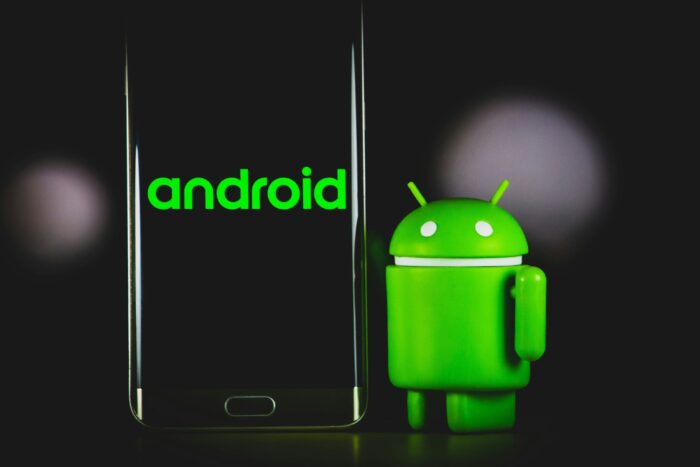
In a world where the lines between our digital devices continue to blur, Microsoft is taking a significant leap forward with Windows 11. Imagine seamlessly accessing files on your Android smartphone from your computer’s File Explorer. Sounds convenient, right?
That’s exactly what’s on the horizon for Windows 11 users. Microsoft is exploring new ways to deepen the integration between Windows 11 and Android devices, making file transfers a breeze.
This upcoming feature, discovered by Windows enthusiast, @PhantomOfEarth, will allow your Android smartphone to appear in Windows 11’s File Explorer, promising a smoother, more integrated experience.
The process to enable this feature seems straightforward. You’ll turn on a toggle in the Cross-Device Experience Host, and voilà, your device will appear in File Explorer. But it’s not all magic; you’ll need to grant permission from your smartphone to ensure a secure connection between your devices.
Once permission is granted, accessing files on your smartphone from your PC could be as easy as clicking through folders in File Explorer.
This integration could revolutionize file management across devices, making it easier to move photos, documents, or any file between your phone and computer without the hassle of emails or cloud services.
While details are still under wraps, and we’re unsure when this feature will officially roll out, the anticipation is building. Microsoft’s track record of integrating Android smartphones as wireless webcams and working on AI-generated smart replies for text messages only adds to the excitement.
But, as with any new technology, there are questions and concerns. How will Microsoft ensure the security and privacy of our data during these transfers? And will this feature work seamlessly across the vast ecosystem of Android devices?
The promise of enhanced productivity and convenience is tantalizing, but monitoring these critical aspects is essential.
In the meantime, for those eager to streamline their digital life, this upcoming feature is a glimpse into a future where our devices work harmoniously, breaking down barriers between mobile and desktop environments.
In other news, despite being deprecated, Windows Subsystem for Android will continue to exist in China, sparking hope that the Redmond-based tech giant won’t fully retire the program.
As we await more details from Microsoft, we can look forward to the prospect of a more connected, efficient digital workspace.
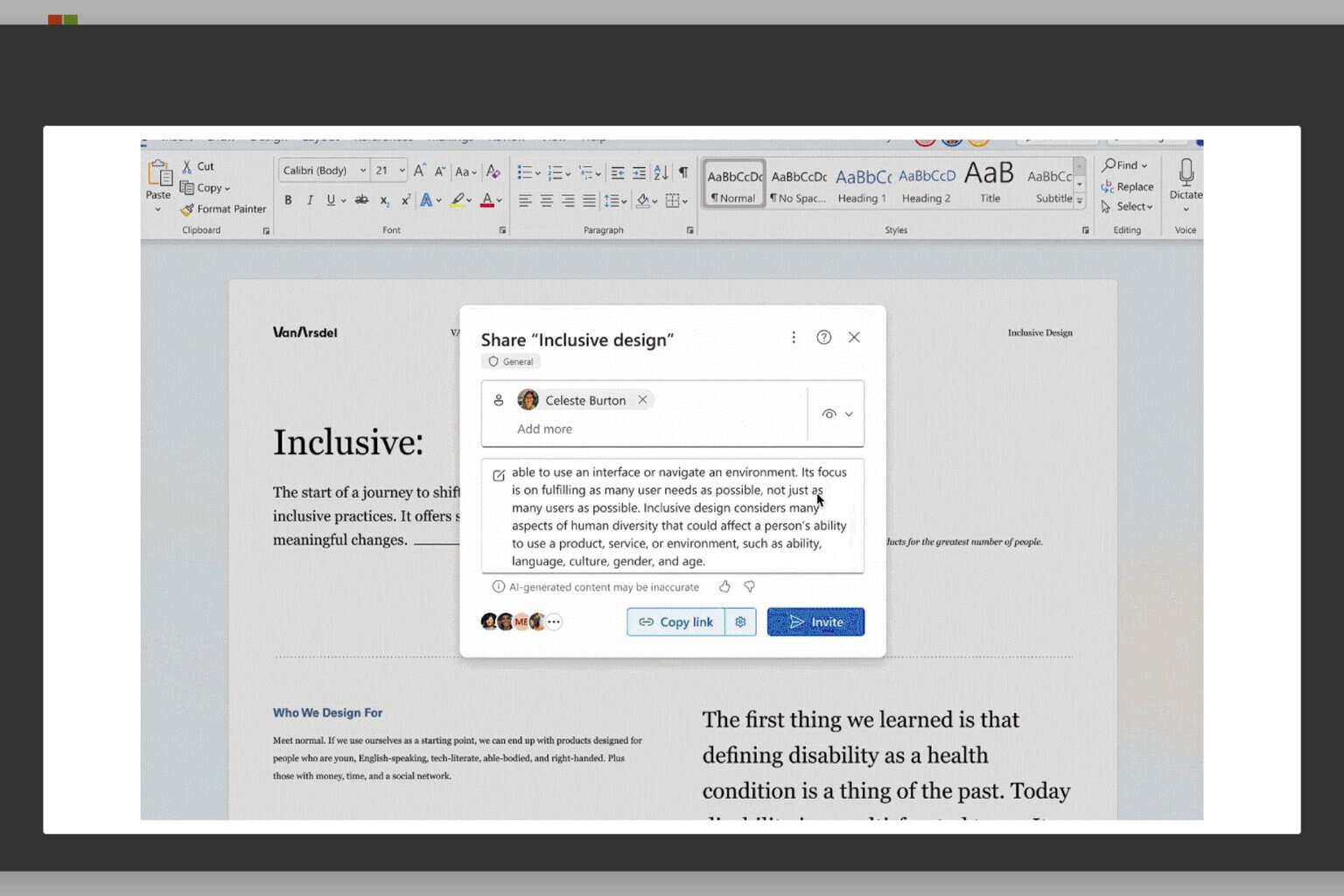
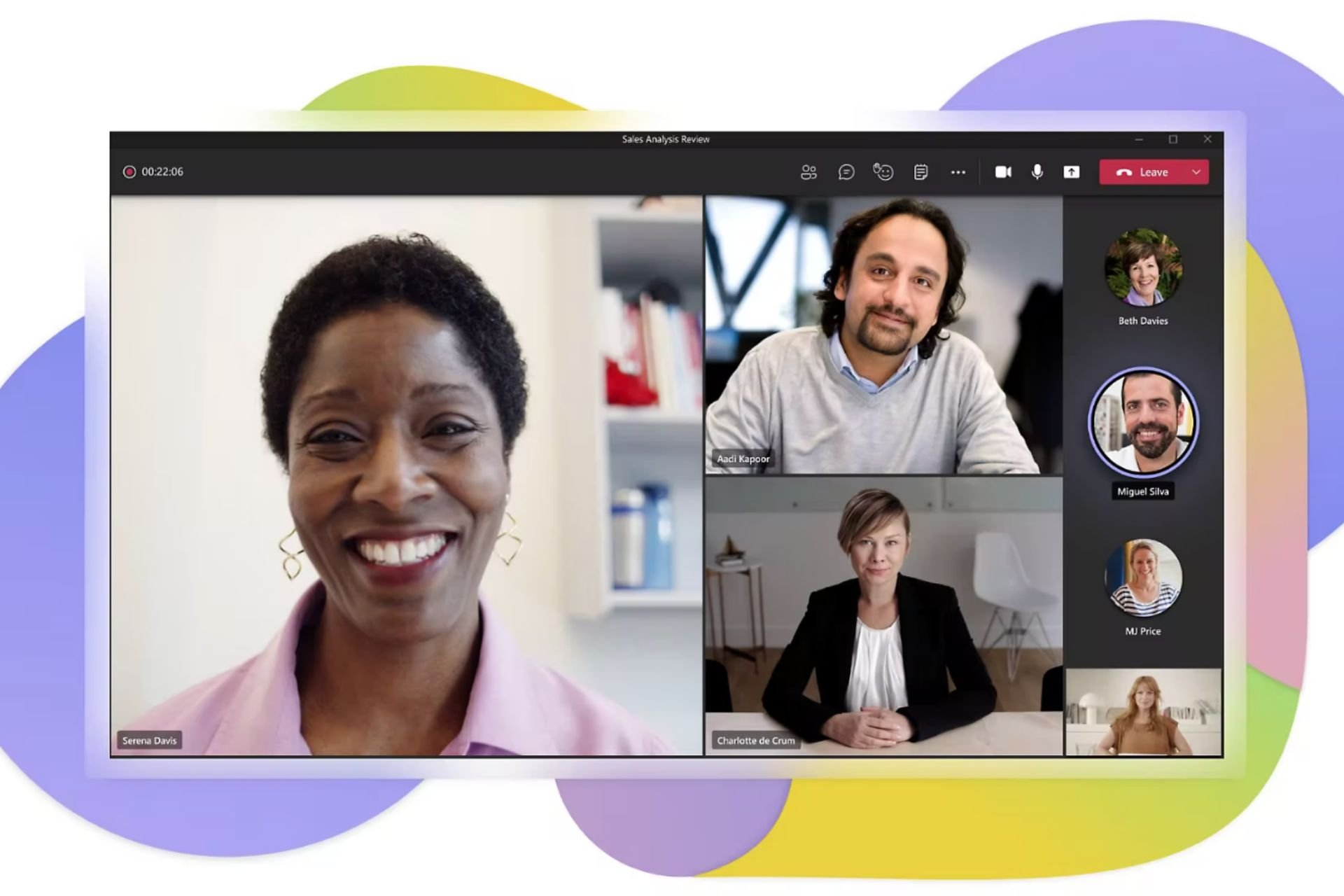
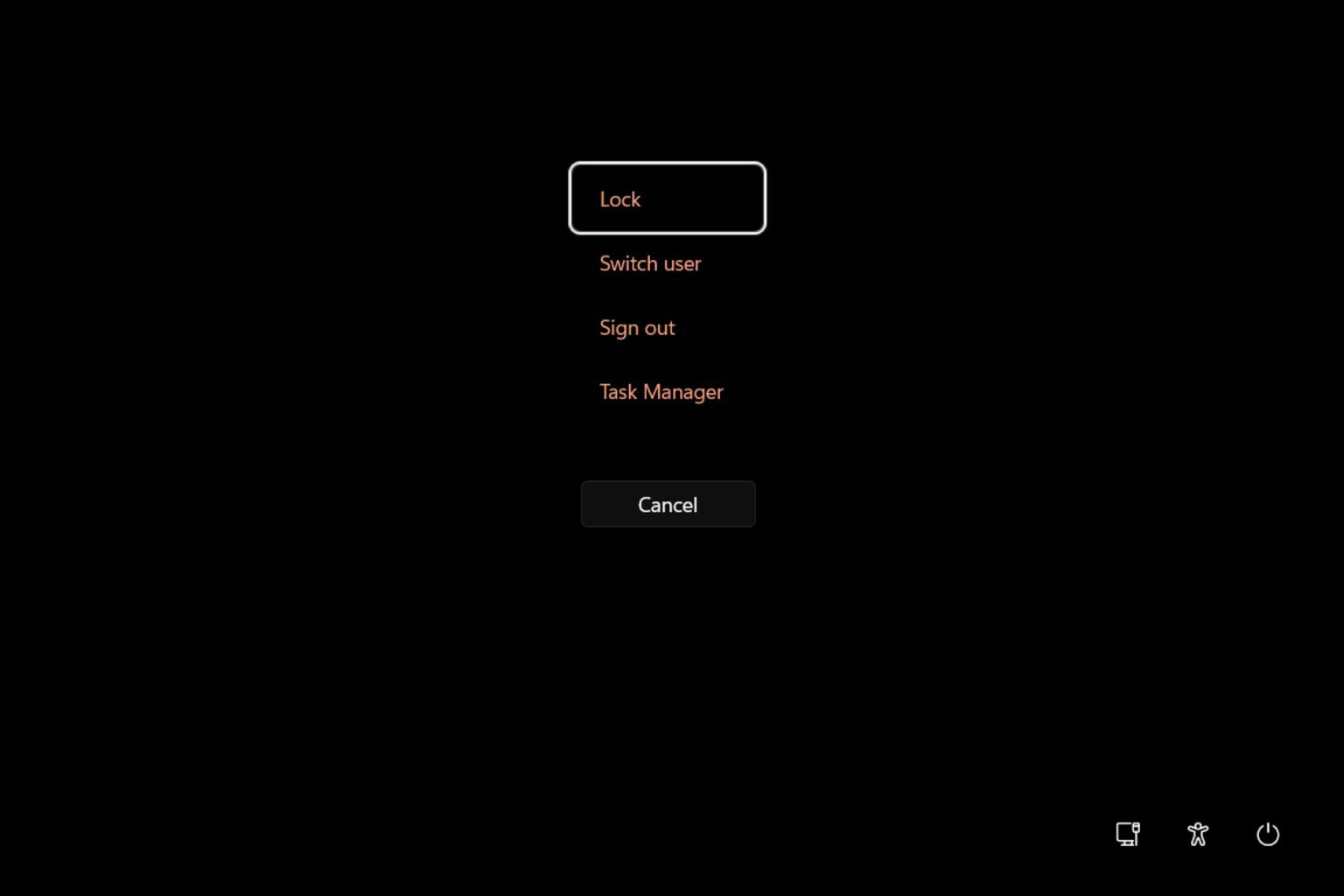
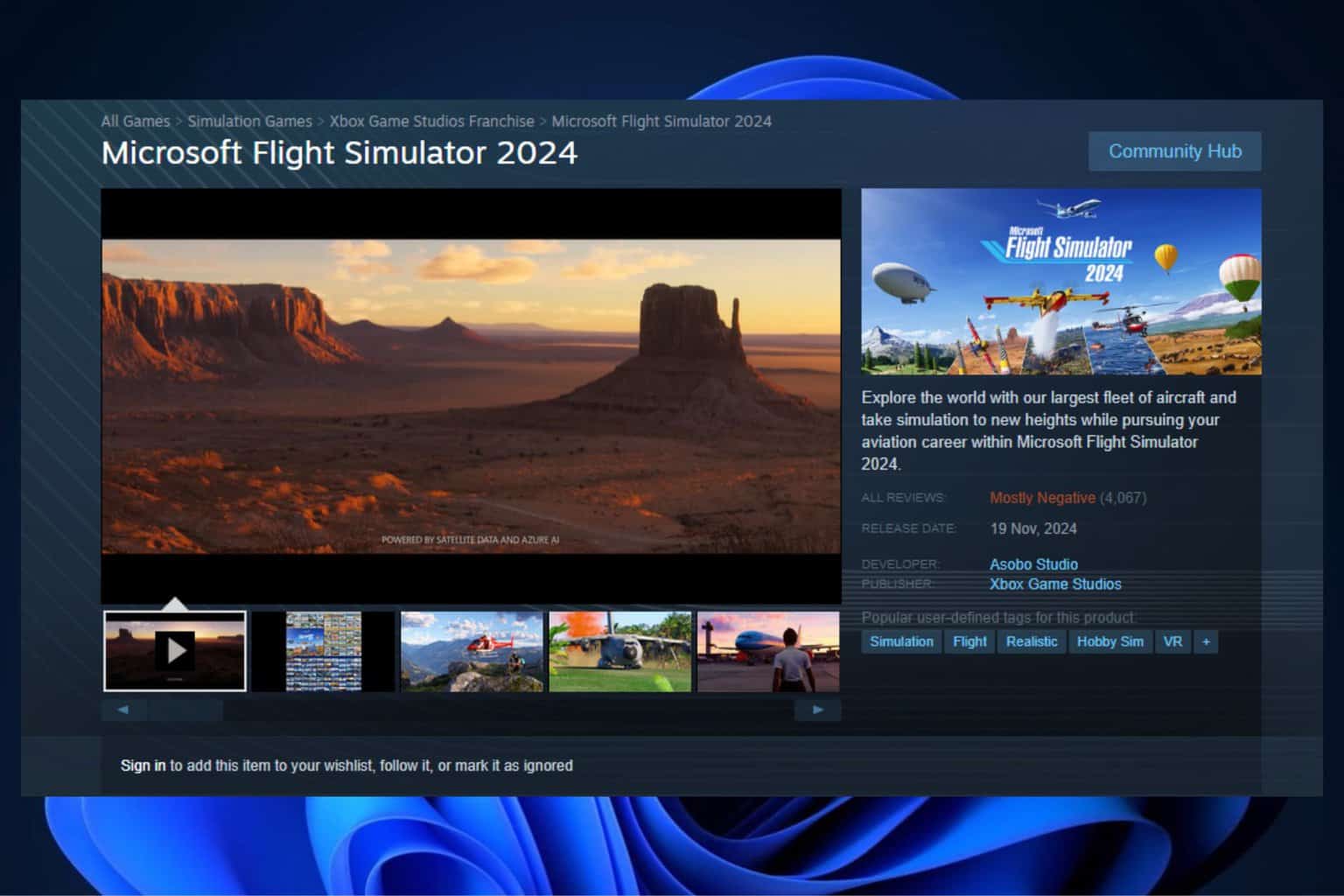
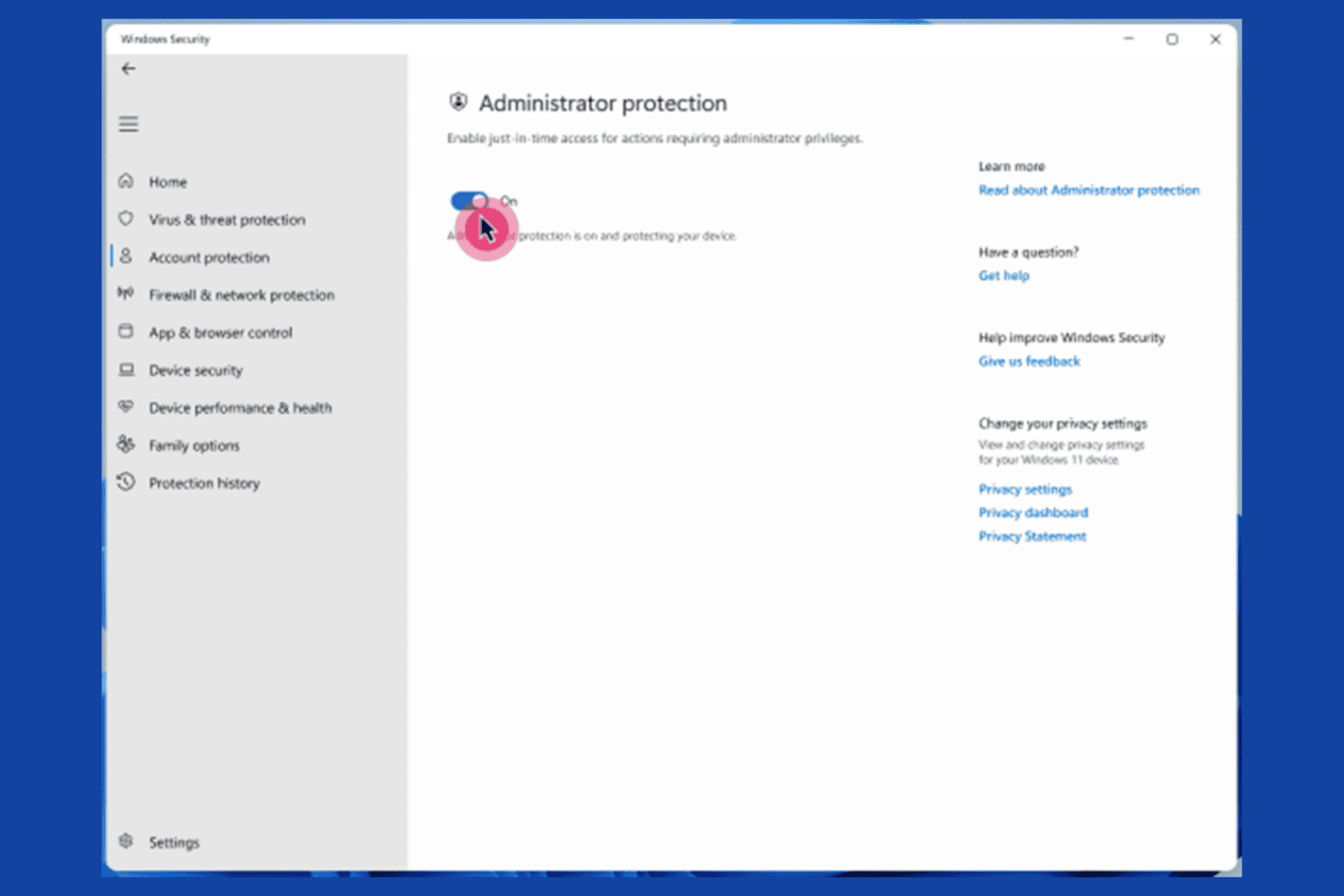
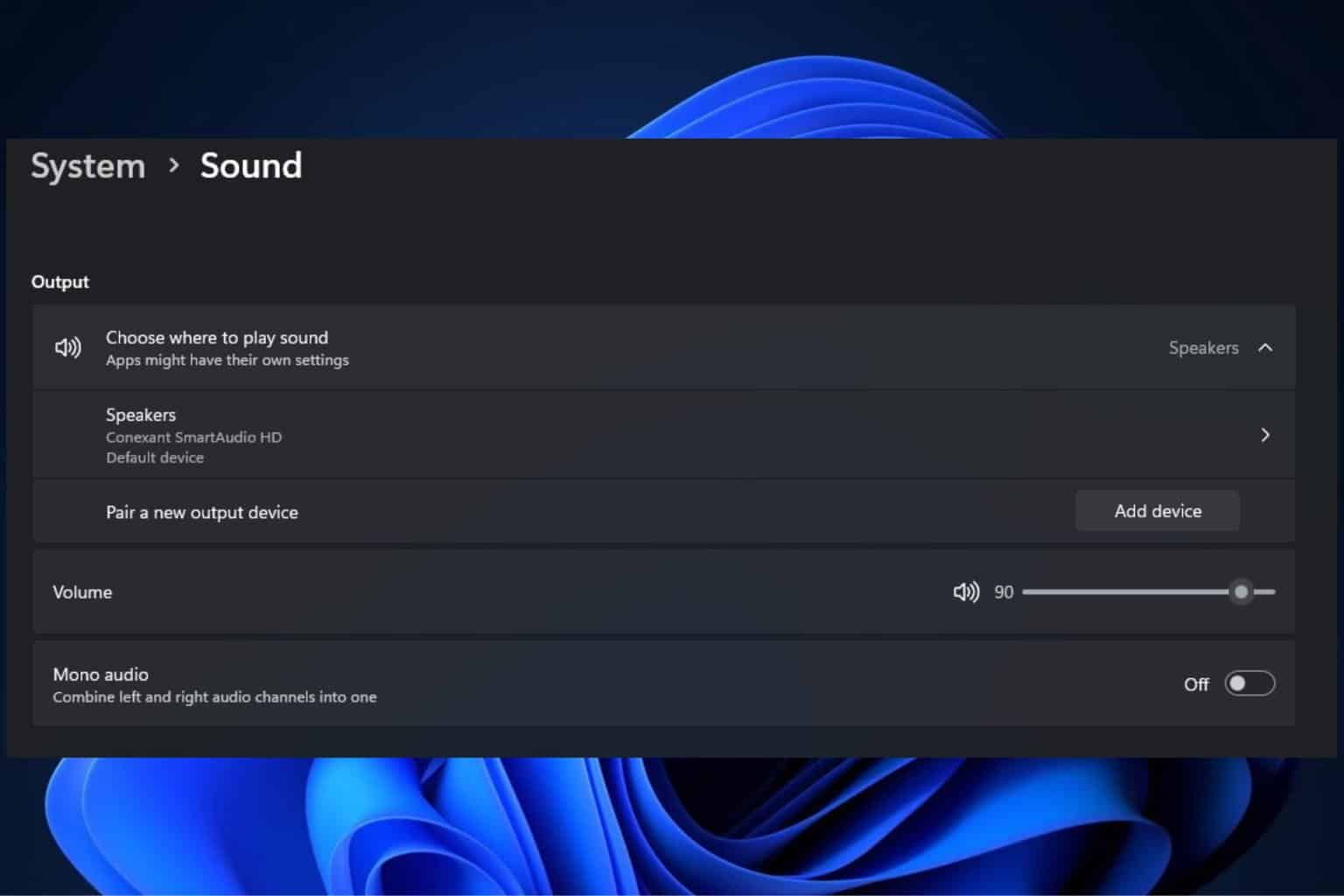
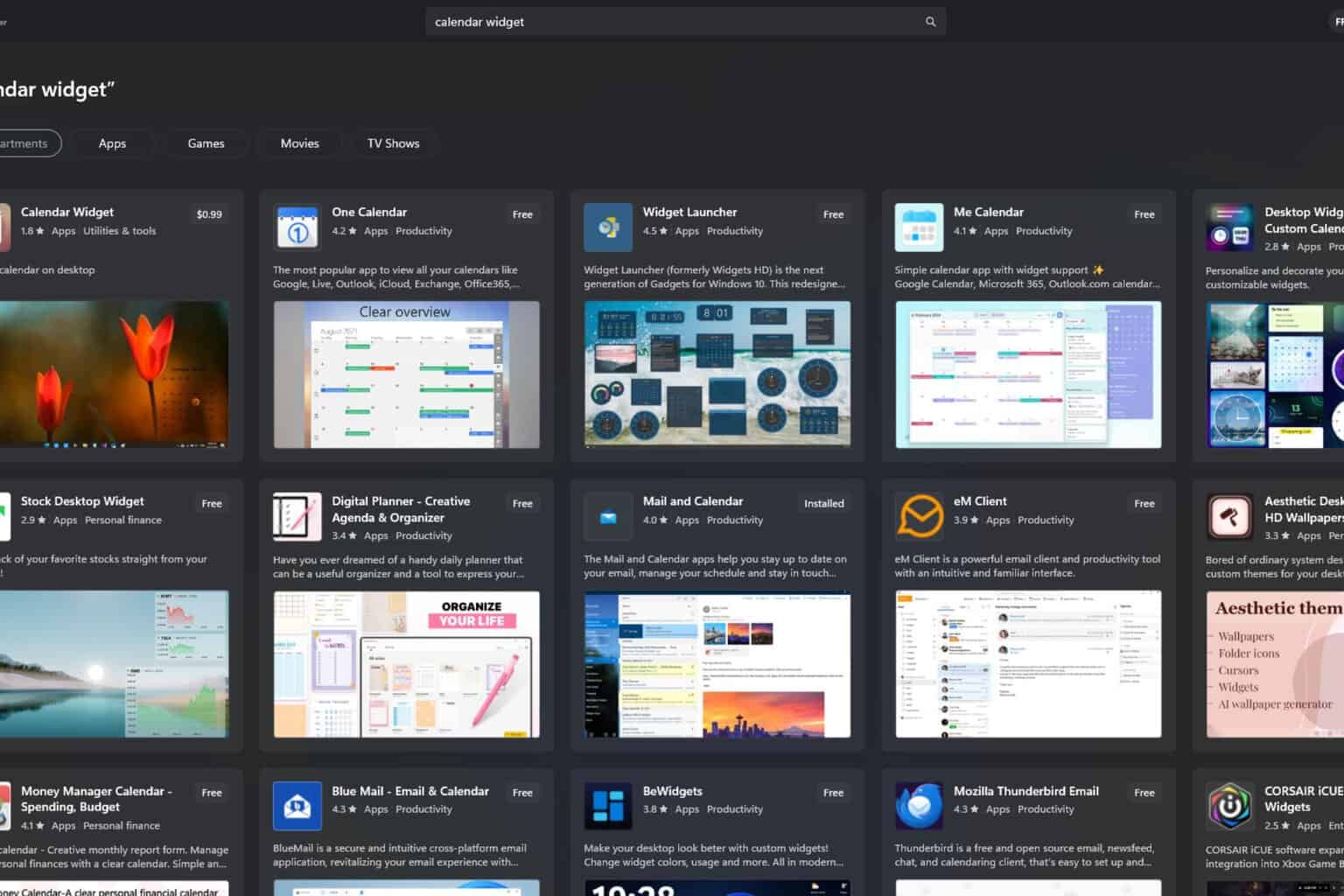
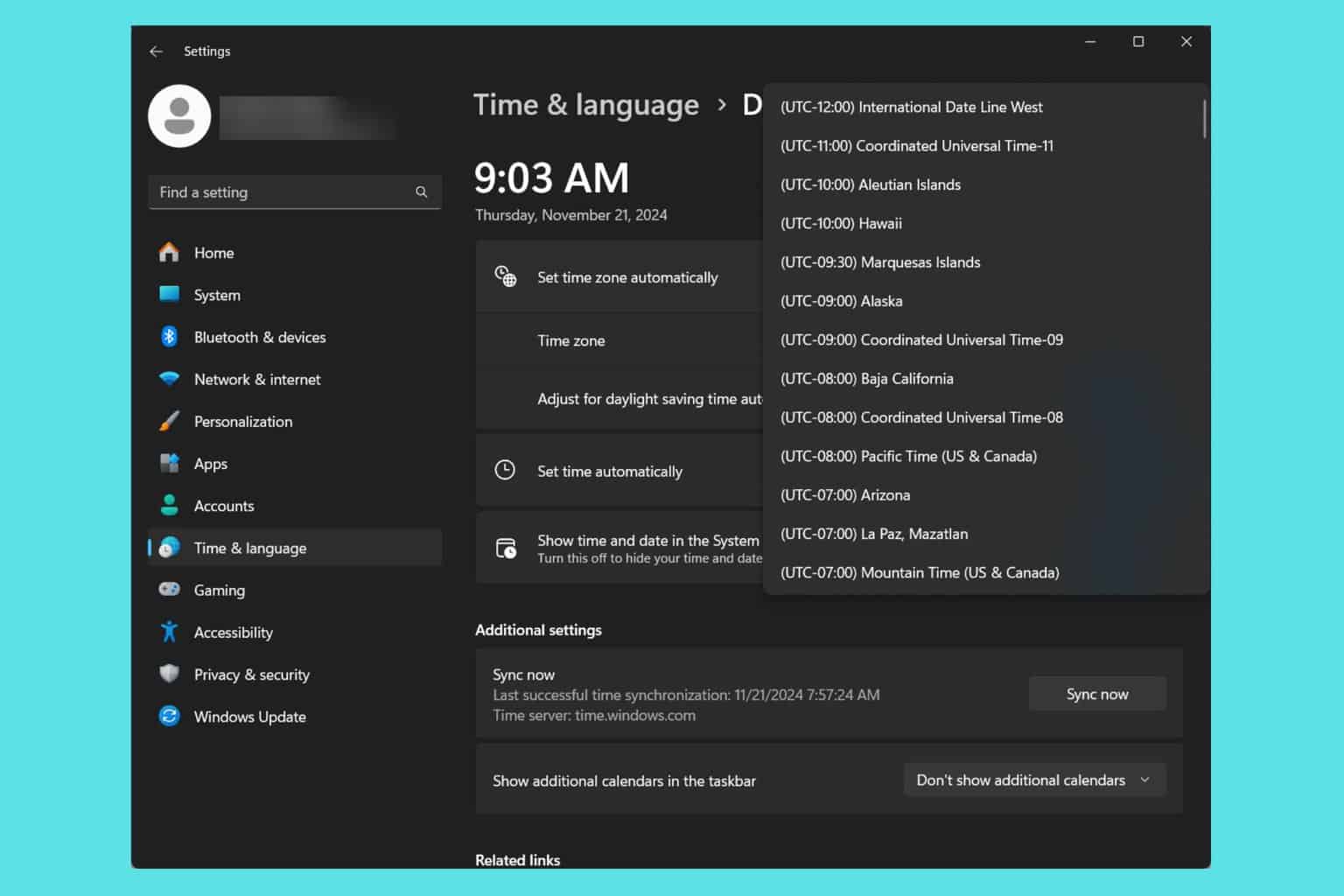
User forum
0 messages